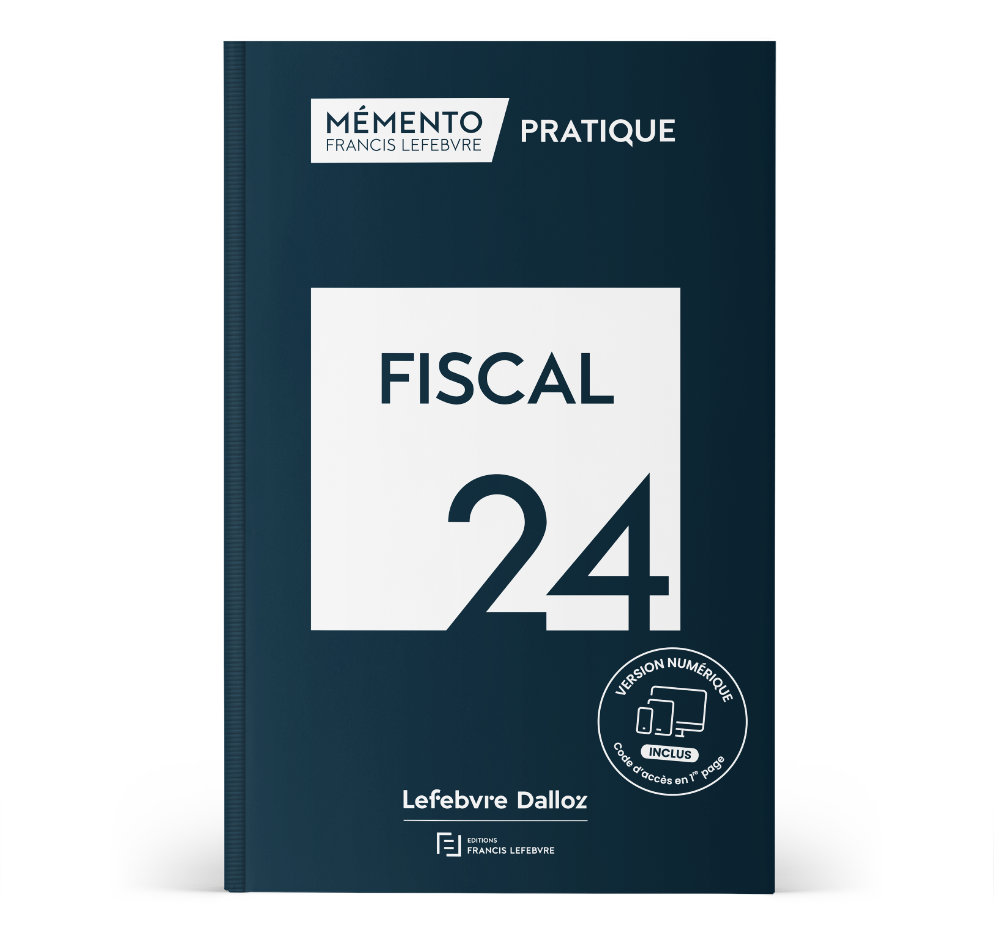Corporate tax rate competition among member states is good for the EU and should not be limited by EU-wide tax harmonization initiatives, according to statements by Hungarian Prime Minister Viktor Orbán and Irish Prime Minister Leo Varadkar.
Orbán and Varadkar defended the rights of their respective countries to set corporate tax policy free of undue interference from the EU at a January 4 meeting in Budapest, according to reports by Reuters and RTÉ. Hungary and Ireland have each made attracting multinationals through low corporate tax rates a cornerstone of their economic policy. Ireland’s 12.5 percent corporate tax rate is well below the EU average of about 22 percent, and Hungary’s corporate tax rate of 9 percent is the lowest in both the EU and the OECD.
“Taxation is an important component of competition. We would not like to see any regulation in the EU, which would bind Hungary’s hands in terms of tax policy, be it corporate tax, or any other tax,” Orbán said. “We do not consider tax harmonization a desired direction.”
The Irish government takes the same position, according to Varadkar. “We share a view as governments that we should continue to have competition among member states in terms of tax policy. We are very much of the shared view that countries should set their own taxation rates — both for corporation taxes and income taxes,” he said.
The comments by Orbán and Varadkar come as EU-wide efforts to harmonize the corporate tax base and limit intra-EU tax competition have stalled. The European Commission released proposed directives on a common corporate tax base and a common consolidated corporate tax base in 2016, but EU countries have been unable to reach unanimous agreement. Although neither directive sets a minimum corporate tax rate, some EU countries have expressed concern that harmonizing the tax base could lead to rate harmonization. The unanimity requirement also looms over the commission’s initiatives for taxing the digital economy.
The deadlock has led to suggestions by EU Tax Commissioner Pierre Moscovici and European Commission President Jean-Claude Juncker that the unanimity requirement for tax legislation be replaced with the ordinary EU legislative procedure, which requires only a qualified majority in the EU Council. Amending EU treaties to require only a qualified majority for tax legislation would itself require unanimous approval among EU countries, however, and the Irish government has indicated that it would oppose any such change.
Although it is possible to suspend the unanimity requirement when a difference between provisions laid down by law or administrative action in a member state and EU law distorts competition in the internal market, invoking the “passerelle clauses” would be controversial. Moscovici has said it is unlikely that the unanimity rule will be removed during his tenure, but that political pressure in each member state will eventually lead to qualified majority voting on tax legislation.
By Ryan FINLEY
Cette information est extraite de notre service d'actualité taxnotes






